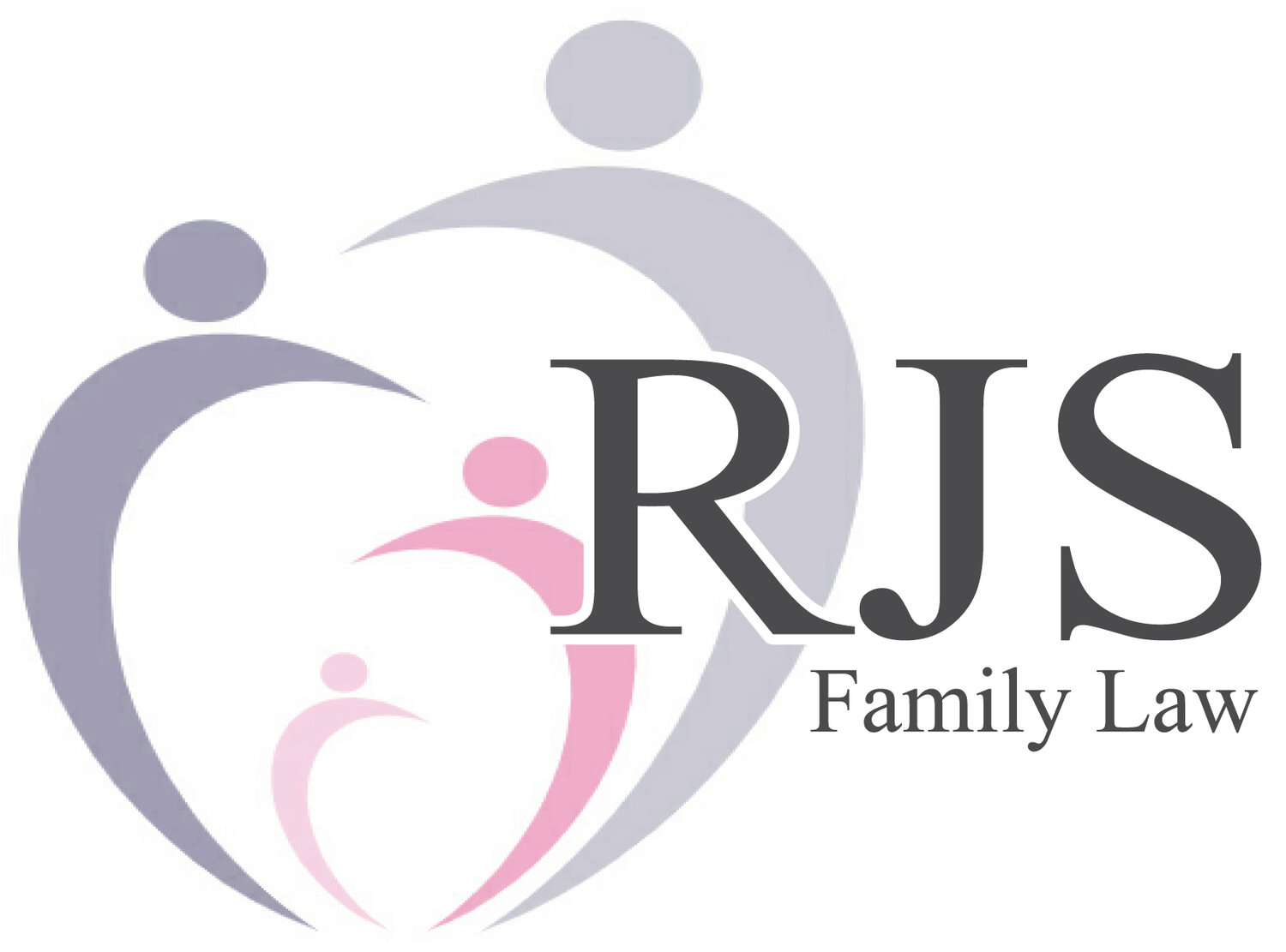Abuse to Men - The Signs and What to Do
The ONS (Office for National Statistics) shows that one in three victims of abuse are male and almost half of all male abuse victims fail to tell anyone!
Whenever we hear of a relationship abuse victim, we tend to assume that it’s a woman. However, recent statistics from the ONS shows that, within the UK, a third of all adult domestic abuse victims are male. This equates to 757,000 men in the UK! This figure, in reality, could well be a lot higher since statistics also indicate that 49% of male victims fail to report or talk about their abuse. This is often for the following reasons:
A fear of being ridiculed, since men - in most instances, are physically bigger and stronger than women.
Same sex – male relationships can often see the victim reluctant to report abuse due to entrenched homophobia and discrimination.
Men minimise and make excuses for their abuse due to the social stigma surrounding their lack of ability to protect themselves.
They fear that their female partner will turn the situation around and with female abuse often considered as being more plausible, they believe that they would be the ones that would ultimately have to answer.
The fear that their partners will turn their children against them OR stop them having contact with their children.
Reporting it and not being taken seriously will lead to further abuse.
Lack of both male abuse awareness, help and refuge spaces.
Thankfully, awareness and recognition of male abuse is gradually building. This has been helped by high profile - landmark cases such as that of Jordan Worth - the first woman, in the UK, to be convicted of domestic abuse in 2018. The abuse to her partner, English football coach - Alex Sheel, escalated from controlling behaviour such as starvation and isolation – to then using knives and boiling water resulting in burns, fluid on the brain and severed tendons!
These are a few of the signs to look out for if you suspect that a man you know is being subjected to abuse:
Appearing afraid of their partner or anxious to please them.
Often checking in with their partner regarding their whereabouts and who they’re with.
Having increasingly low self-esteem and possibly depression
Withdrawing from friends and family.
Having frequent injuries, bruising, grazing and scratches – or worse.
No form of abuse, mental or physical, should be tolerated.
If you are being abused you should never feel embarrassed or afraid to talk to RJS Family Law. First and foremost, we can put you in touch with organisations specifically geared for male abuse victims. We can also assist you in many other ways to help you get your life back on track.
